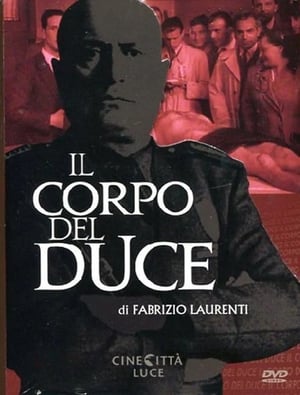
Razor Shaping

Razor Shaping
HomePage
Overview
The swirl and “‘Updo”’ styles of hairdressing. A teaching film presented by John J. Mueller.
Release Date
1948-01-01
Average
0
Rating:
0.0 startsTagline
Genres
Languages:
Keywords
Similar Movies
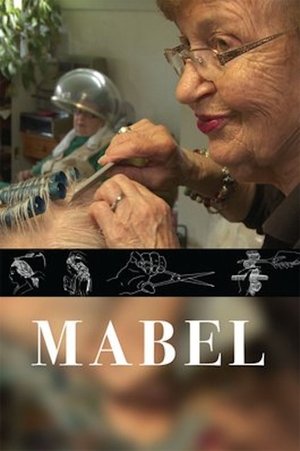 0.0
0.0Mabel(en)
Feisty, fiercely independent and firmly rooted in place, 90 year-old Mabel Robinson broke barriers back in the 40s when she became the first woman in Hubbards, Nova Scotia, to launch her own business—a hairdressing salon where she still provides shampoo-n-sets over 70 years later. Weaving animation and archival imagery with intimate and laugh out loud moments in the salon, the film celebrates the power of friendship, doing what you love and staying active. With no desire to retire anytime soon, Mabel gives voice to a generation who are not front and center of cinema or the pop hairstyles of the day, and subtly shifts the lens on our perception of beauty and the elderly.
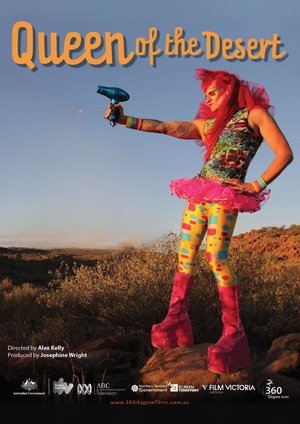 10.0
10.0Queen of the Desert(en)
Not only has she got pink extensions, painted on eyebrows, glitter stockings and superman hotpants, Starlady’s a youth worker in some of Australia’s most remote and challenging places. And she reckons that hairdressing can improve people’s lives. Like a real life Priscilla, Starlady takes us on a Queen of the Desert journey to Areyonga, an indigenous community in Central Australia, where she’ll work with a group of curious and cheeky young people.
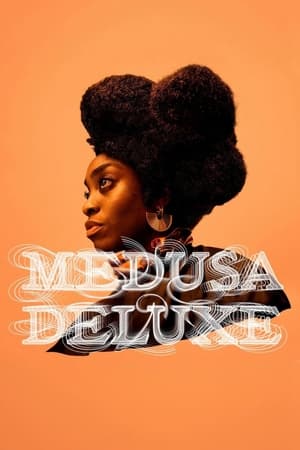 6.0
6.0Medusa Deluxe(en)
Talented and cutthroat hairstylists at a competition find one of their own murdered before judging can begin. Winding through neon-lit halls, competitors unspool long-simmering resentments and lies as they search for the killer among them.
Fritimen(no)
The 25th in a series of Norwegian commercial compilations addressed to "the modern housewife".
 0.0
0.0You're Next(en)
The three fat boys make the discovery that they are late for the barber school. There they ply their trade on various interesting customers.
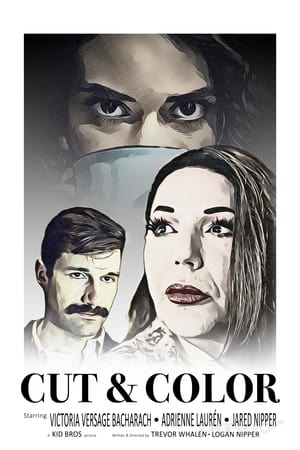 0.0
0.0Cut & Color(en)
When two hairdressers turn to contract killing, their relationship begins to crumble as one of them struggles to reconcile the guilt of cold-blooded murder.
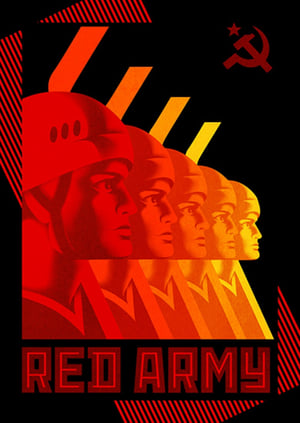 7.3
7.3Red Army(en)
A documentary highlighting the Soviet Union's legendary and enigmatic hockey training culture and world-dominating team through the eyes of the team's Captain Slava Fetisov, following his shift from hockey star and celebrated national hero to political enemy.
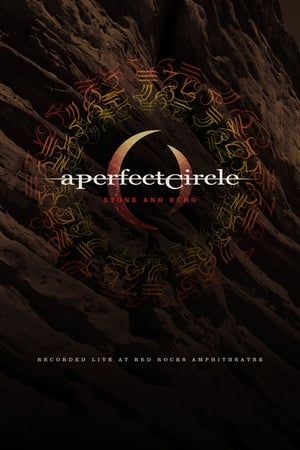 4.5
4.5A Perfect Circle: Stone and Echo(en)
Stone and Echo is a full-length concert film of A Perfect Circle's performance on August 02, 2011, at the Red Rocks Amphitheatre in Morrison, Colorado.
The Pink Room(en)
After selling herself at fourteen to a brothel inside her home town of Svay Pak, Mien takes an undesired path all over Cambodia for the remainder of her teenage life. At twenty, her path crosses with a group of people fighting to make a difference, bringing her long and onerous journey back to face where it all began. The Pink Room is an intertwined story of the heart-rending, epic battle to end sex slavery, from rescue to prevention, and experiencing first hand, the need to change not just individuals, but the communities they come from. Most documentaries on trafficking only bring awareness to the problem. This film bring awareness to the solutions.
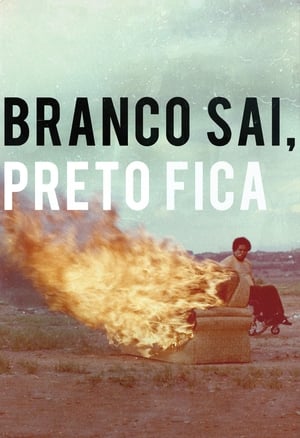 6.6
6.6White Out, Black In(pt)
Shots fired inside a club frequented by black Brazilians in the outskirts of Brasilia leave two men wounded. A third man arrives from the future in order to investigate the incident and prove that the fault lies in the repressive society.
 8.0
8.0Hummingbirds: Jewelled Messengers(en)
David Attenborough narrates this close up look at these tiny pollinators captured in flight as never before. Acrobats of the air - flying jewels - iridescent partners of countless plants: hummingbirds are amongst the most remarkable creatures on our planet.
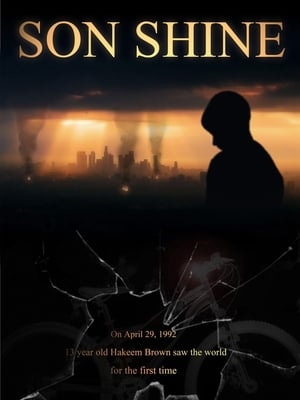 0.0
0.0Son Shine(en)
Son Shine, follows the story of 12 year old Hakeem Brown on the heels of his thirteenth birthday. Known in his neighborhood as the good kid, Hakeem is a honor student and an obedient son. However, things begin to change for Hakeem as he becomes aware of the political climate in his South Los Angeles Neighborhood during the announcement of the Rodney King verdict. Watching his neighborhood erupt into flames from his bedroom window, Hakeem disobeys his parents by joining the chaos of the riots. Now face to face with the realities of the uprising, Hakeem has to make the decision to be a part of the solution or to become a part of the problem.
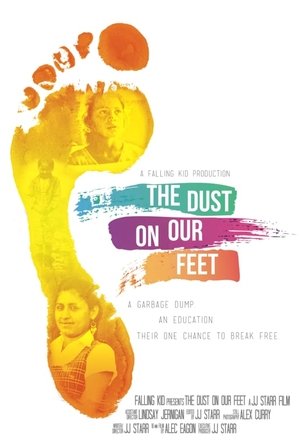 0.0
0.0The Dust on Our Feet(en)
Born into a culture that is forced to collect trash for a living, three kids will attempt to graduate high school and attend university.
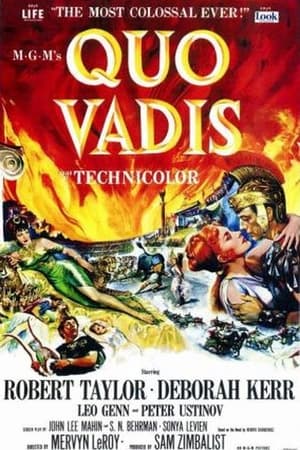 6.0
6.0In the Beginning: Quo Vadis and the Genesis of the Biblical Epic(en)
The making of Quo Vadis (1951).
 7.1
7.1The Arrival of a Train at La Ciotat(fr)
A group of people are standing along the platform of a railway station in La Ciotat, waiting for a train. One is seen coming, at some distance, and eventually stops at the platform. Doors of the railway-cars open and attendants help passengers off and on. Popular legend has it that, when this film was shown, the first-night audience fled the café in terror, fearing being run over by the "approaching" train. This legend has since been identified as promotional embellishment, though there is evidence to suggest that people were astounded at the capabilities of the Lumières' cinématographe.
 7.5
7.5Berlin: Symphony of a Great City(de)
A day in the city of Berlin, which experienced an industrial boom in the 1920s, and still provides an insight into the living and working conditions at that time. Germany had just recovered a little from the worst consequences of the First World War, the great economic crisis was still a few years away and Hitler was not yet an issue at the time.
 7.1
7.1Nanook of the North(en)
This pioneering documentary film depicts the lives of the indigenous Inuit people of Canada's northern Quebec region. Although the production contains some fictional elements, it vividly shows how its resourceful subjects survive in such a harsh climate, revealing how they construct their igloo homes and find food by hunting and fishing. The film also captures the beautiful, if unforgiving, frozen landscape of the Great White North, far removed from conventional civilization.
 6.9
6.9Olympia: Part One – Festival of the Nations(de)
Commissioned to make a propaganda film about the 1936 Olympic Games in Germany, director Leni Riefenstahl created a celebration of the human form. This first half of her two-part film opens with a renowned introduction that compares modern Olympians to classical Greek heroes, then goes on to provide thrilling in-the-moment coverage of some of the games' most celebrated moments, including African-American athlete Jesse Owens winning a then-unprecedented four gold medals.
 6.7
6.7Olympia: Part Two – Festival of Beauty(de)
Commissioned to make a propaganda film about the 1936 Olympic Games in Germany, director Leni Riefenstahl created a celebration of the human form. Where the two-part epic's first half, Festival of the Nations, focused on the international aspects of the 1936 Olympic Games held in Berlin, part two, The Festival of Beauty, concentrates on individual athletes such as equestrians, gymnasts, and swimmers, climaxing with American Glenn Morris' performance in the decathalon and the games' majestic closing ceremonies.
